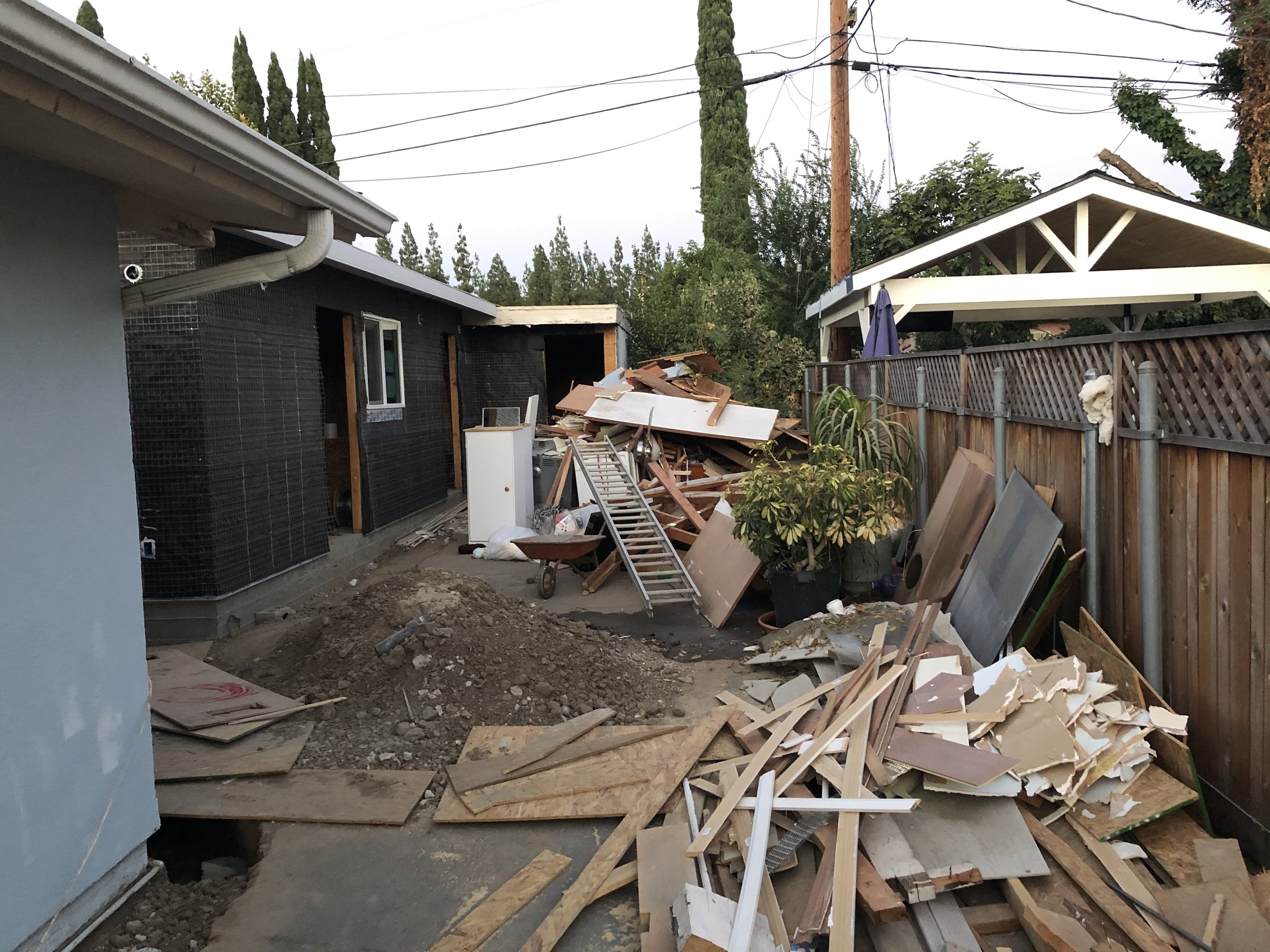“Natural Causes” by Melissa Witcher
Natural Causes
Rodolfo spends forty-five years telling Francesca that she is useless and never remembers their anniversary, but he never hits her or cheats on her and always has a job. He buys her a house that is their home for decades. That’s enough for her to call it Love.
Saturday morning the cuckoo clock in the hallway chimes six times. Francesca's eyes are already open and unblinking. She rolls to her side and uses her arm to push herself up, just as Rosemary, the physical therapist, taught her last year. Rosemary told her it was less pressure for her always aching back and would alleviate the pain.
She reaches for the robe her children gifted her decades ago, ignoring the aching revolt she feels with the movement. Rosemary’s advice hasn’t helped, but Francesca likes to pretend that there’s still hope. Her hands still at the voices of two police officers outside her window.
— Merda, ele tá morto.
Dead. She crosses herself with a trembling hand and wraps her arms around her midsection.
The voice that pronounced death gives an order.
— Call it in.
— What should I say?
The second voice is tentative.
— Are you kidding me?
— There's blood . . .
— So? I don’t want to be here all day. Dead of natural causes.
There is a long pause before the younger voice agrees.
— Okay.
Francesca squeezes her eyes shut, as if it will erase the awareness that death is at the front door. She doesn’t know who or how, and she doesn’t want to know. She wrestles the fear to the soles of her feet and stomps it out, clenches and opens her fists, and straightens the comforter on her bed.
Tugging on the corners of the floral-printed, cotton edredom, she is a seventy-eight-year-old in an unhappy apartment building with a dead person outside of a cracked window that Rodolfo broke last month when he threw a cup at her. Then, she is forty years younger, knees pressed into the damp soil of the garden of her four-bedroom house with a one-car garage. She is pulling resistant weeds, but her gaze is on the ipê roxo in the middle of the yard. The tree is beautiful and strong, and she is proud. There is no rain, just sun-dappled light and butterflies, hummingbirds, and tidy grass. In the backyard, out of sight, there is more — a lime tree with glossy green leaves and smooth round fruit.
This she has done.
The past doesn’t torment her, the present doesn't taunt her, and the future isn't shorter than what she's already lived. Her trees are alive.
Footsteps pound against the tile flooring and the low whine of the kitchen table creaking quickens her pulse. Francesca forgot to lock the door; Rodolfo is out.
She leaves her bedroom and goes to the kitchen. Her jaw flaps open at the dirty smell of urine, thick with the impurities of the night. Rodolfo's bare ass gawks at her from above the kitchen table where he is pissing on the fruit she bought yesterday.
— Monstro!
She chokes out the word, and he looks down at her with eyes filled with disdain. For whatever he has forgotten, this remains the same. A thought comes unbidden: her hands strong and determined, pushing him forward, his head cracking on the edge of the table, a police officer uninterested in paperwork. She crosses herself to ward off the image.
— Saia daqui, vadia!
He calls her a slut, as if she ever had a chance to be anything other than his miserable wife.
Last Thursday, she went to a casa de repouso, at their children's insistence, and watched their contemporaries eat potato and corn soup the color of leftovers in the kitchen sink, served by disinterested kids the age of their grandchildren. No matter how little affection she has for Rodolfo, or how much she hates their apartment, she cannot afford to put him there or allow their children to believe they can do the same to her.
— Idiota — she says with a rage that makes her hands flutter — get off my kitchen table.
He shakes his offending member and droplets the color of warm abandoned beer land on the floor. He laughs.
Coming back from the casa de repouso, they passed their old house, sold when Rodolfo could no longer be trusted with a front door that could so easily access the street, and, in place of her plowed trees, was a parking lot. She longs for the ipê roxo.
— Mulher inútil — Rodolfo says, spittle landing on her cheek.
She forces herself to look at him, really see how he stands, hands on hips, smirking at the produce he has vanquished with the liquid by-product of his cruelty. The kitchen has floor-to-ceiling tiles, yellow like margarine, some fractured from Rodolfo’s ever-increasing rage, and is too small for the both of them. Bending from the knees, never her back, as Rosemary taught her, she realizes now that he is just enough for her to call it justified.
Melissa Witcher
Melissa Witcher (she / ela) is a self-taught writer and artist. She was born in Brazil, raised in the U.S., and has lived in São Paulo since 2011. Her rejections far outnumber her acceptances, but her writing has appeared in The Bluebird Word, BULL, Five on the Fifth, The Citron Review, and The Razor. She is a volunteer reader at Cosmic Daffodil Journal and CRAFT.
Headshot: Gustavo Barbosa
Photo Credit: Staff


